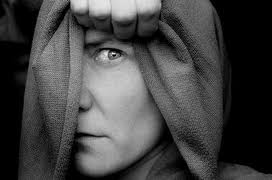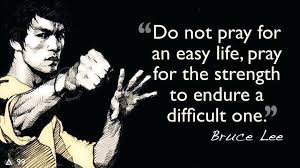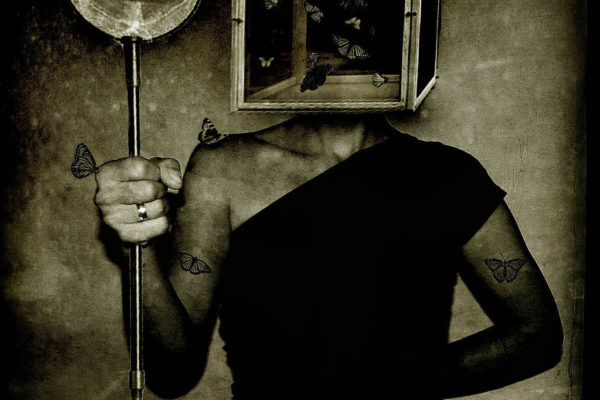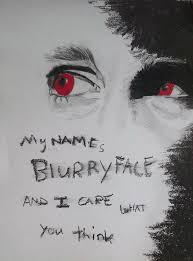Five Reasons Why We Avoid the “Dark Emotions”
We go to tremendous lengths to escape from and avoid the so called “dark” or “negative” emotions. I believe that both of these terms are unfortunate since they both connote that certain feelings are bad, dangerous, and therefore in need of subjugation and control. In fact, all emotions are important and vital parts of being a human. Emotions evolved for very specific reasons that are adaptively critical for survival. Emotions provide informational and motivational value. Emotions provide very direct information about our world, sometimes in a more direct and accurate manner than our so called cognitive or rational brain can provide. Often times, we get in trouble in life because we fail to listen to our “heart” and emotionally based intuition. Emotions also are the basis of motivation. Emotions provide the energy to engage in a variety of actions and behaviors. Without emotions, we would not be compelled to act.
Now, it is true, that without proper awareness, we can be given to act out certain emotions in maladaptive or even dangerous ways. Paradoxically, this is largely because of what we don’t allow ourselves to feel and acknowledge that this occurs. In the presence of mindful attention, we are almost assuredly likely to express our emotions and not act out our feelings.. So, for example, if one is not mindful of anger, or fearful of the experience or expression of anger, they are likely to withold anger causing it to build up and later erupt in a more explosive and unmodulated manner.
So why is it that we have become so avoidant of the “dark emotions” have cultural roots.
1) American shores were originally settled by European religious sects that were rooted in notions of stoicism, and emotional repression. Puritans, Quakers, Shakers, Huguenots, and other early immigrants embraced the notion that humans have to subjugate their primal drives and instincts. Later on, the industrial revolution and the formation of empiricism and mechanical views of nature embraced the notion (originating from the Greek philosopher Socrates) of the “supremacy of reason” , a view that only objectively observeable phenomenon can be employed as a basis of knowledge and understanding. These notions became deeply entrenched into our cultural psyche.
2) At a more individual level, we a are conditioned to believe that many emotions are “weak”, “infantile”, indicators of lack of personal control. In many cases we are overtly or subtly punished or shamed for expressions of emotional pain. Therefore, by extension, we come to believe that even the experience of many emotions are to be subjugated and controlled.
3) We have been conditioned to believe that certain emotions are “dangerous” and that if we let them be fully experienced, they will take us over and lead to irrevocable mental or even physical harm. Many fear that if “Pandora’s Box is ever opened, the demons will fly out and consume us. People fear having a “nervous breakdown” if powerful emotions are experienced to their full extent. Thus, many fear losing control. Feelings thus get internalized, repressed or converted into physiological manifestations.
4) There are many gender specific beliefs that have penetrated our cultural psyche. For example men have been conditioned to believe that experiencing fear or sadness is shameful and a sign of weakness. Conversely, in many quarters for males, not displaying anger and aggression when one is confronted or crossed can similarly be seen as weakness. For females, expressions of anger and the assertion of personal needs can be seen as “bitchiness” and thus anger often gets displayed as tearfulness.
5) Many fear emotional states when there is no reasonably apparent rationale for their current levels of distress or arousal. We tend to feel that our emotions need to be justifiable to feel that their existence is legitimate. In the absence of such perceived legitimacy we tend to wage a battle of control against them. It is my belief that all things are lawful. Even in the world of mental events. As Einstein once famously quoted, “God does not play dice with the universe”. What he is saying is that though we not always understand the laws that govern the behavior of, say, subatomic particles or billiard balls, we can know that their actions are lawfully determined. This can be said for thoughts and feelings. Thus their existence is their legitimacy.
To gain emotional freedom and “radical acceptance” we must re-examine these beliefs regarding the dark emotions and face our loss of control fears. More on this in the next post.
Please feel free to post your thoughts.






3 Comments. Leave new
Reasons that I tend to repress, not only dark feelings but all emotions is the fear of pushing those close to me away. By either unfairly burdening them with my feelings and needs, making them uncomfortable by the expression of those emotions, causing them pain or instigating conflict, or because you are ashamed of the reasons you feel that way and expressing those emotions risk reviling them.
In all cases it seem like the higher payoff is to avoid any of these possibilities by keeping your emotions to yourself
Not that these reasons are not also true, 4 seems awful familiar to me.
What a great point! I should have thought of that:) The fear of disapproval, abandonment and rejection is probably a major reason why we don’t acknowledge and express our feelings. Of course the danger is that this can set up a self-fulfilling prophesy. By withholding our feelings, we inadvertently set up barriers and walls which distances our partners and we push them away. I know I have been personally guilty of that. Many of us come from shame based family systems where the “no feel rule” has been in effect and so we were not taught how to fluidly express our feelings and needs.
I learnt from s very early age (2) that survival meant burying my hatred towards an abusive father. There was no point as far as I was concerned in expressing the hatred because no one was taking any notice of my attempts to tell them. Expressing sadness.and other emotions brought on ‘Now you REALLY have something to cry about”. Attempting to explain how I felt brought on
“Play the glad game”or later on as a young adult the Jungian Analyst’s well meaning
“Take charge of your life”.
Rote. Minimising. Rationalising were how I got by.
So it can just be about survival as well as the other stuff. Two year olds emotions come out cleanly but not when there is horrific abuse.